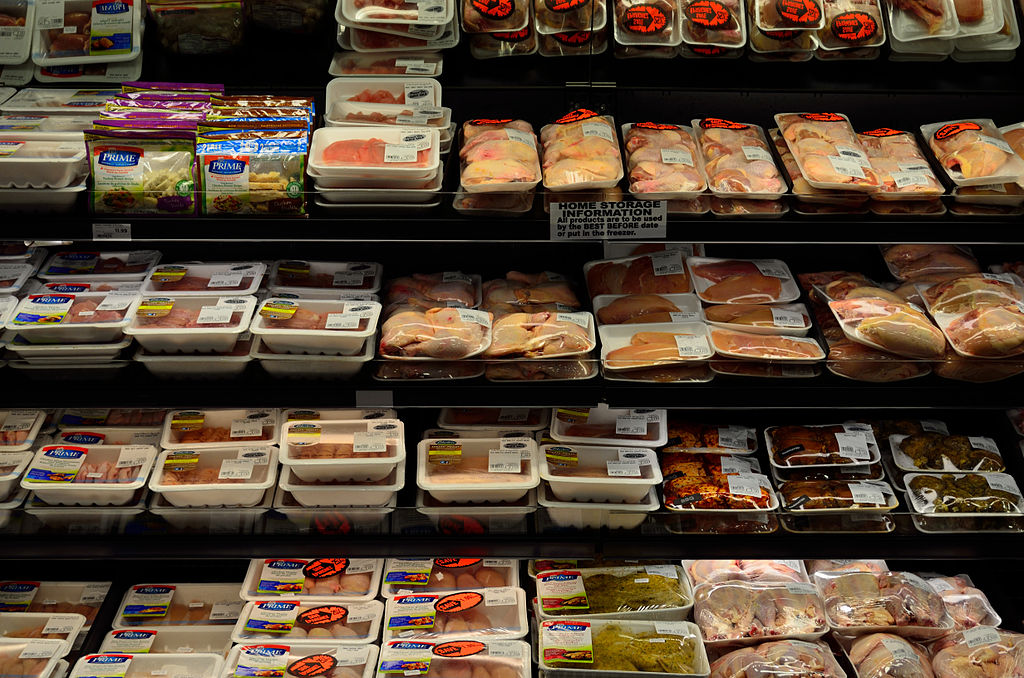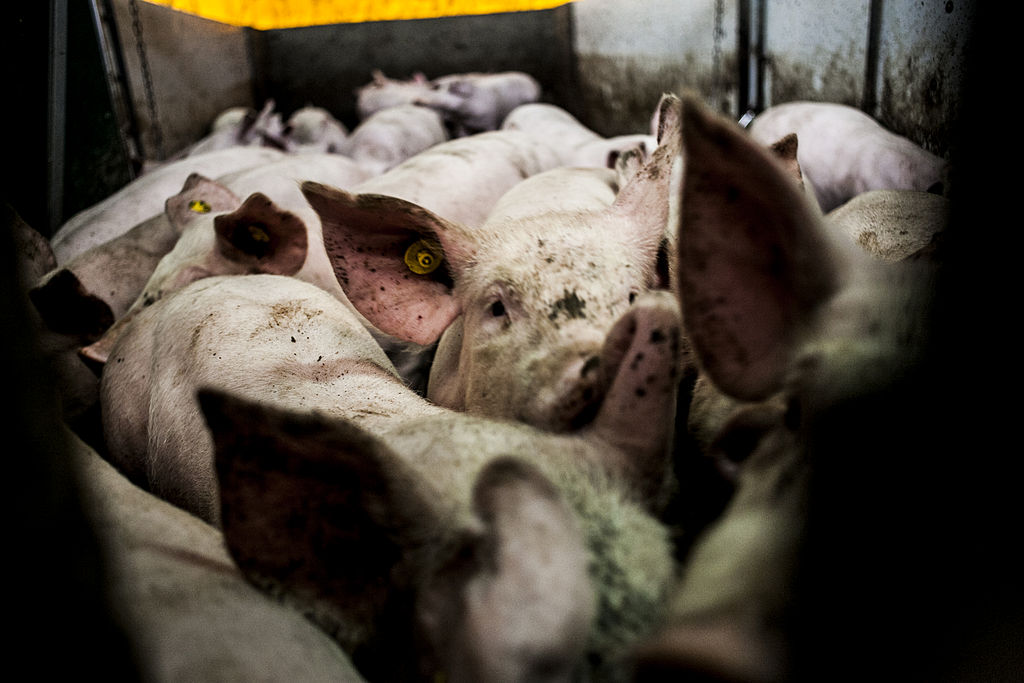The economics of compassion towards animals

I just read this story about how lower income people are actually more concerned with animal welfare and factory farms, yet are less able to afford the higher prices of “humane-certified” meat. I found it surprising.
In some ways this is positive news since that means that no matter what the financial circumstances, that isn’t a barrier for concern about factory farming.
Removing ag-gag laws and forcing farms to treat animals even slightly decently (let them turn around and stretch their limbs!), comes with a price. And it should.

Does that mean only the wealthy will be able to afford meat? Or, does that mean the poorer individuals should eat the worst meat? The trend is going that way, and we need to really start expanding our views on what constitutes protein.
If I could compare eating meat to cars for a minute. I would say that just because a wealthy person could afford a gas-guzzling Hummer, that doesn’t mean that they would drive one. Maybe someday, what we choose to eat will reflect more on our values than our salaries. That eating a meat-heavy meal will make an environmental statement as well.
The most troubling part of the story to me is that this story neglects to even consider that eating less (or no) meat could be the affordable, equitable solution. It may not have been the intent of the article, but there is an alternative for those who are concerned about animals and factory farming no matter what their income bracket.

